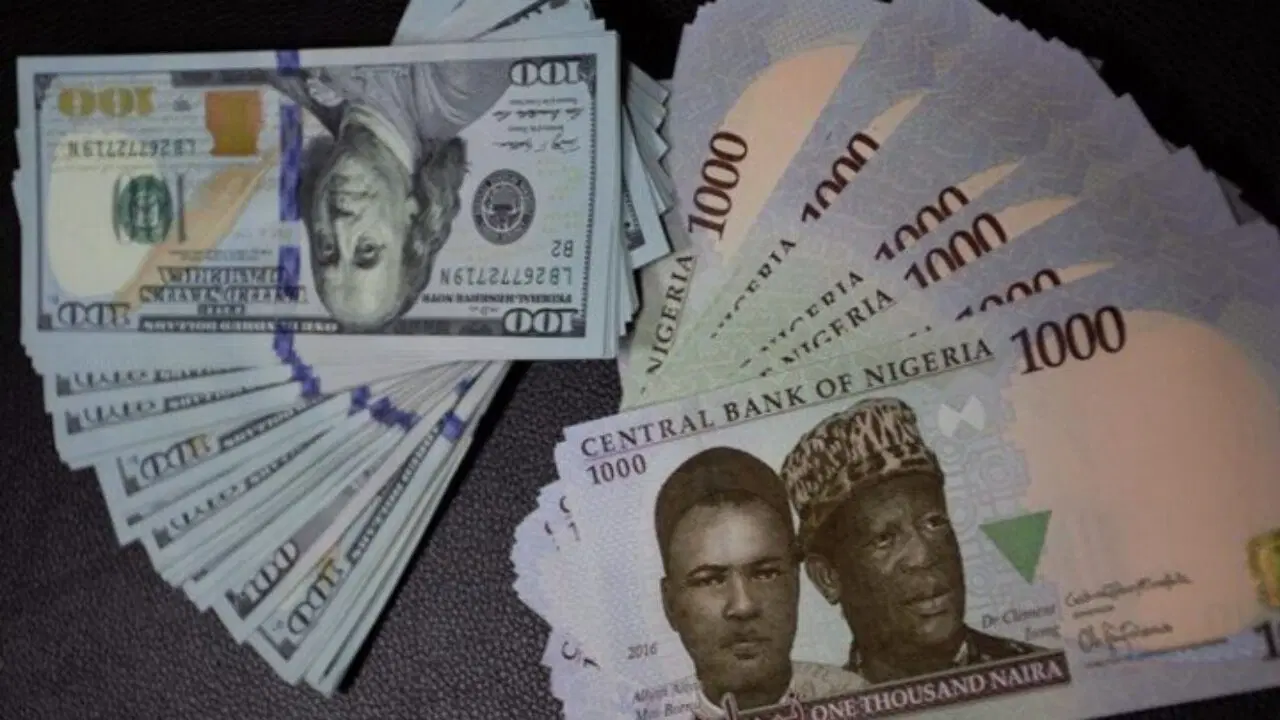The Nigerian naira has been identified as one of the worst-performing currencies in Sub-Saharan Africa for 2024, according to the World Bank’s latest Africa’s Pulse report. As of August 2024, the naira had depreciated by approximately 43% year-to-date, placing it alongside other struggling currencies like the Ethiopian birr and the South Sudanese pound.
The report attributes the naira’s decline to several factors, including a surging demand for U.S. dollars in Nigeria’s parallel market, limited dollar inflows, and slow foreign exchange disbursements from the central bank. Increased pressure from financial institutions, non-financial end-users, and money managers seeking dollars has further compounded the naira’s challenges.
Despite recent efforts to stabilize the currency, including the liberalization of the official exchange rate in June 2023, these measures have not been sufficient. Broader economic difficulties, such as limited foreign reserves and rising inflation, have intensified the naira’s struggle, significantly affecting domestic prices, especially for imported goods. This has worsened conditions for consumers in Nigeria.
Recently, a slight recovery was noted when the naira appreciated by 5.69% against the dollar on October 14, improving from N1,641.27/$1 to N1,552.92/$1. However, this positive change came with a notable drop in foreign exchange turnover, which fell by 44.27% during the same period.
Looking ahead, the World Bank projects that Nigeria’s economy will grow by 3.3% in 2024, with a slight acceleration to 3.6% between 2025 and 2026 as economic reforms begin to take effect. Nevertheless, inflation remains a significant concern, particularly following the removal of fuel subsidies in mid-2023. This decision has led to a tripling of gasoline prices, further increasing the cost of transportation and logistics across the nation.

